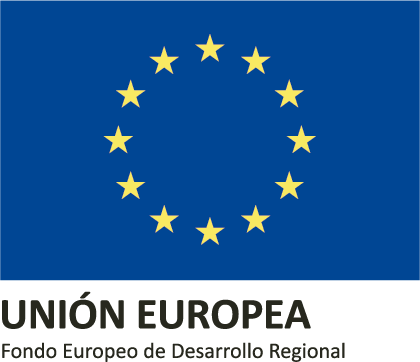
modeling nature from nano to macro

BIOMAT 2024
Exploring Mathematical Models in Immunology and Innovative Strategies in Immune Cell Reprogramming Therapies
Granada, Spain. 17-21 June 2024
Organized by Tomás Alarcón, Juan Calvo, David Poyato
and Juan Soler
SPONSORS
UGR School of Sciences,
Technology and Engineering





The nineteenth edition of the Biomat International Summer School focuses on the interaction between mathematical models and immunological processes. Understanding the functioning characteristics of the immune system, particularly in humans, is crucial for developing effective vaccines. In recent years, we have witnessed the global deployment of new generations of vaccines based on RNA technology, which proved decisive in the case of COVID-19.
Furthermore, various advances in understanding immune system cells, such as T-cells (training, reprogramming, etc.), enable the development of immunotherapies for different types of cancer. This begins to envision the goal of designing specific vaccines for some of them. The difficulty compared to the case of COVID-19 lies in the much higher number of mutations in cancer, making it challenging to cover all possibilities.
All this progress poses a multitude of scientific challenges at both experimental and theoretical levels, including the adequate mathematical modeling of the different associated scenarios. Understanding all aspects involved in the mentioned scenarios requires approaches that combine biomedical and physical-mathematical foundations, analysis of experimental data, and computational simulation of mathematical models providing a predictive character.
BIOMAT 2024 is a school jointly organized between the Modeling Nature Unit (MNat) University of Granada and the Centre de Recerca Matemàtica(CRM); the program of this 19th edition of BIOMAT is described below.
Some slots are available for short presentations for young researchers interested in the BIOMAT-2024 topic. The deadline for abstract submission is April 30th. The decision about accepted communications will be announced before May 14th.
The BIOMAT school will be held in the Faculty of Law, a 16th-century University of Granada (UGR) building in the
city’s centre.
PROGRAM
Minicourses
-
Sebastien Benzekry, Inria and Centre of Research in Cancer of Marseille
Mechanistic learning to predict response and survival in immuno-oncology.
-
Clemente Fernández Arias, Universidad Complutense
Immune defenses across biological scales: bacteria, ants, and T cells.
-
Marc Güell, Universitat Pompeu Fabra
AI-guided biological hardware design: Towards the synthetic evolution machine.
-
Yang Kuang, Arizona State University
Applications of models of tumour-immune dynamics with an immune checkpoint Inhibitor.
-
John Lowengrub, University of California, Irvine
Understanding anticancer immunity through biological and mathematical models
-
Carmen Molina-Paris, Los Alamos National Laboratory
Theoretical immunology at the molecular, cellular and population scales: a stochastic perspective.
-
Russell Rockne, Division of Mathematical Oncology, City of Hope
Mathematical models of immunotherapy in cancer.
Conferences
-
Stefano Pedarra, CRM, Barcelona
Mathematical modelling of tumour development and interaction with immune system
-
Martina Conte, Politecnico di Torino
A data-informed model for CAR T-cell and oncolytic virus interactions in Glioblastoma therapy
-
Ardak Kashkynbayev, Nazarbayev University
On the speed and form of Glioblastoma Multiforme growth
-
Francisco Martín, Universidad de Granada
New Genetic Modification Tools for Model Generation and Therapy: Applications to Car-T Therapy.
-
Tomás Alarcón, CRM, Barcelona
Exploring the landscape of interactions between immune and cancer cells using structured-individual-based modelling
Special Session: Celebrating the Contribution of Miguel A. Herrero to the Foundation of Biomat:
-
Álvaro Köhn-Luque, Oslo Centre for Biostatistics and Epidemiology, University of Oslo
Phenotypic deconvolution of cancer cell populations.
-
Gerardo Oleaga, Universidad Complutense de Madrid
Generalized cognitive maps
-
Juan Carlos López Alfonso, Audi AG, Germany
Harnessing tumor-immune ecosystem dynamics to personalize cancer treatment.

PARTICIPANTS
